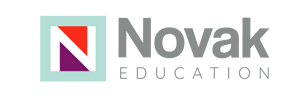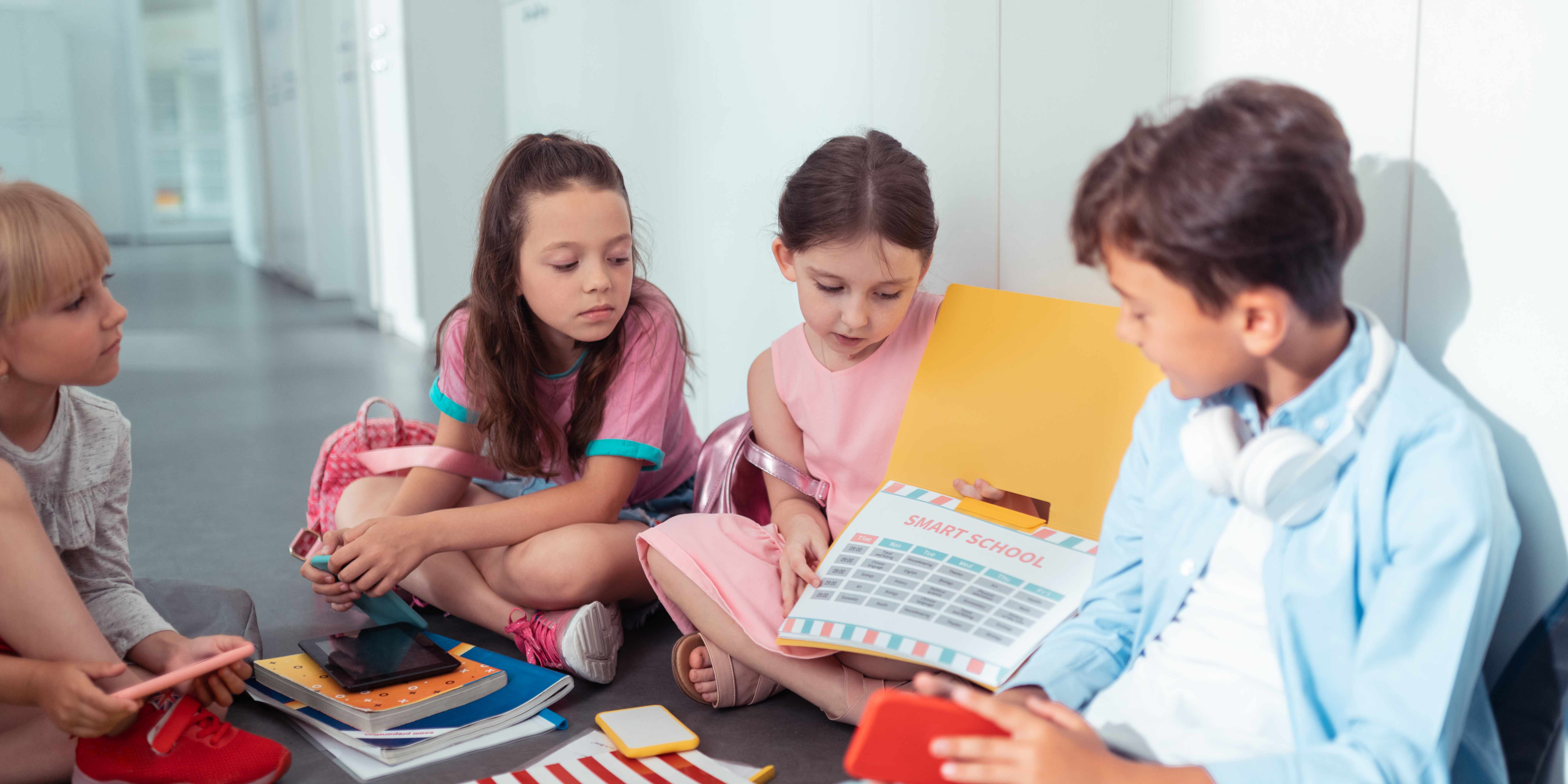Neuroscience research indicates that in order for learning to be more successful and development in every sense of life to be achieved, we need to put an increased emphasis on routines for lower-level skills rather than subjecting the brain to frequent changes and uncertainty, the Universal Design for Learning (UDL) guidelines also highlight the limited executive functioning capacity of humans, so we should promote the scaffolding of lower-level skills to reduce the load on working memory. Creating routines is one way to achieve this.
What are the Critical 20 Days in Education?
The initial month of any learning journey, excluding weekends, is often referred to as the "First 20 days" or, in simpler terms: the first four weeks (Croasdaile, p.30, 2023). This is a matter of great concern for educators across the spectrum, from early childhood education to postgraduate levels and workplaces. Many educational neuroscientists say that in order for more effective teaching to happen, one of the most important issues that should be prioritized in the first month of education is to establish routines.
What is "Routine"?
The Berkeley Well-being Institute defines routine as “habits and behaviors that are always done in a certain way and order and that we no longer require mental load, or serial behaviors consisting of these”. For example, brushing teeth is a routine. Every step involved in this process, such as grabbing the toothbrush or applying toothpaste, creates a series of routines, often referred to as "chunks. Research indicates that routines and chunks have incredible effects on skill development, achievements in life, well-being and academic success.
Governing the process of routines and chunks is done by our working memories. However, our working memory which serves executive functioning is very limited. So our working memory has to wipe itself clean to make space for new information and tasks. To be able to use our working memories more effectively, we should lessen its cognitive load by automatizing some tasks so that they require less executive functioning.
"Contrary to common belief, adhering to routines is far from being monotonous; it actively promotes engagement in learning, strengthens neural connections, and plays a pivotal role in shaping human behavior."
Routines not only prime the brain for learning by freeing up cognitive resources for higher-order skills but also contribute to effective classroom management, enhanced focus and engagement. Contrary to common belief, adhering to routines is far from being monotonous; it actively promotes engagement in learning, strengthens neural connections, and plays a pivotal role in shaping human behavior. A team of scientists from MIT observed that neurons responsible for routines formed active connections in the brain while executing these routines.
Furthermore, the establishment of routines can significantly alleviate the burden on educators. Routines empower learners to take an active role in their learning processes, make conscious choices about their education, and organize their learning journey, thereby helping them with becoming expert learners - the ultimate goal of UDL.
It is crucial to allocate enough time to scaffold lower level skills, routines in our case, especially during the initial 20 school days, without worrying too much about the content to be covered, which is a real dilemma for most educators. However, when we do allocate enough time for the establishment of the routines for our learning setting, we will more likely encounter learning and discipline issues that will cause us to lose even more time throughout the year. Because research shows that the human brain cannot control its behavior in uncertainty, its perception and cognitive level weakens, and as a result, it cannot manage its behavior in a healthy way.
An essential consideration is that the process of building routines should be done by considering learner differences and demographics, and by offering multiple ways for representation.
Enhancing Learning Through Routines
Susanne Croasdaile mentions some common categories of routines in her book "Building Executive Function and Motivation in Middle Grades." Some of these categories include:
- Beginning, Transition, and End-of-Lesson Routines: warm-up, attendance protocol, and end-of-lesson expectations etc.
- Teaching Method Routines: direct instruction and activity sequencing, homework and assignment guidelines, note-taking procedures, expectations for late or incomplete homework, and oral and written assessment routines etc.
- Communication and Collaboration Routines: protocols for pair work and group work, active participation indicators, acceptable noise levels etc.
- Organization Routines: clarifying expectations concerning notebook and textbook usage, seating arrangements, folder usage etc.
- Use of School Spaces Routines: protocols for utilizing the board and other classroom spaces, restroom and library procedures, and tardiness policies.
- Lesson-Specific Resource Routines: protocols for tablet and dictionary usage, headphone usage, and handling lesson-specific materials and equipment.
By prioritizing routines, educators can pave the way for enhanced learning experiences, nurturing both academic and personal growth in their learners.
- Berkeley Well-being Institute. (n.d.). Routine.
- CAST. (2018). Universal Design for Learning Guidelines version 2.2.
- Croasdaile, S. (2023). Building Executive Function and Motivation in Middle Grades: A UDL Approach. Cast Publishing.
- Fisher, D., & Frey, N. (2011). Engaging the Adolescent Learner: The First 20 Days Establishing Productive Group Work in the Classroom. International Reading Association.
- Goldberg H. Growing Brains, Nurturing Minds-Neuroscience as an Educational Tool to Support Students' Development as Life-Long Learners. Brain Sci. 2022 Nov 26;12(12):1622. doi: 10.3390/brainsci12121622. PMID: 36552082; PMCID: PMC9775149.
- Harvard University, Center on the Developing Child. (n.d.). Executive Function. Harvard University Center on the Developing Child..
- Martiros, N., Burgess, A. A., & Graybiel, A. M. (2018, February 8). Inversely Active Striatal Projection Neurons and Interneurons Selectively Delimit Useful Behavioral Sequences. Current Biology.
- MIT Neuroscientists Identify Neurons Responsible for Routine Habits. (n.d.). SciTechDaily.
- Success by Design. (n.d.). The Importance of Classroom Routines and Procedures.
Elif Buber worked as a language and cultures teacher for 20 years in international settings. Currently, Buber is based in Houston, TX. and working as an instructional designer. She has an M.Ed. in Learning, Design, and Technology from the University of Houston and an M.A in Intercultural Communication and Translation.



